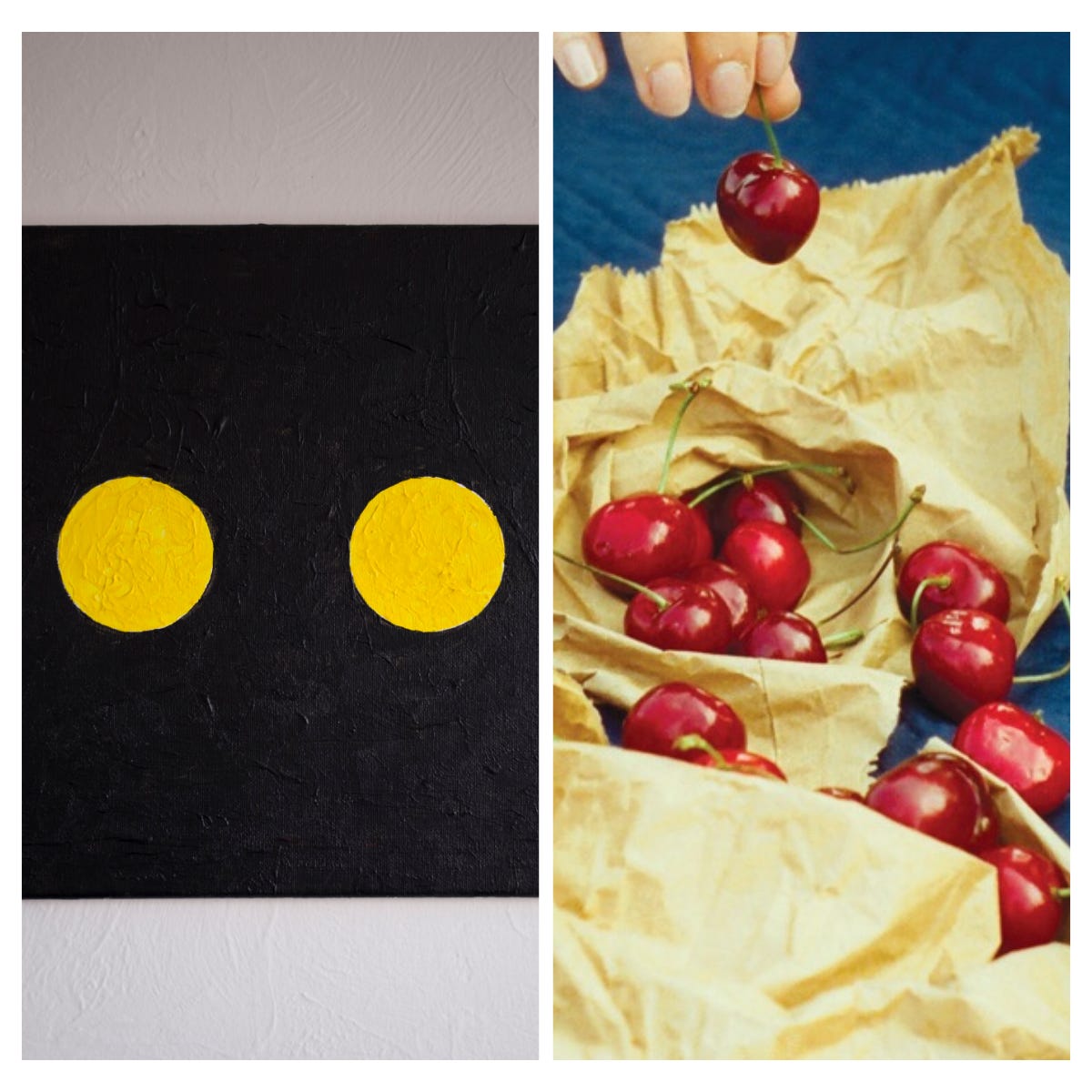“In Another Life”
Rec Centre’s Squash and Nation of Language’s Dance Called Memory trace echoes of the past without getting lost in them.
Rec Centre, Squash
As I was sitting down to scribble out some thoughts on Rec Centre’s new album, Squash, I had a kind of a-ha moment about the moniker musician Alex Hudson uses for his “homemade pop music” solo project. I always thought that the ‘rec’ in Rec Centre stood for recreational, in that Hudson’s day job is Editor-in-Chief of Exclaim!, Canada’s longstanding go-to source for music and entertainment news, and that Rec Centre has been his creative outlet for going on some fifteen-plus years now. But after hearing the synthy delights on Squash, I’m starting to think that ‘rec’ could just as easily mean ‘recollection.’
I know it’s been some time since Hudosn relocated to Toronto from Vancouver, so to hear his lyrics peppered with super specific references to both YYC and the past suggests that Rec Centre is very much in a reflective mood for this latest outing. “Fall 2015, I made plans to go / See a bachelor apartment at The Galileo,” he recounts of a visit to an eastside Vancouver apartment block on “The Galileo.”✦ Accompanied by tambourine and electric guitar, Hudson peppers his story-song with wry observations like “The wallpaper in the lobby / Was melted like a Salvador Dali,” “Huge gaps under the doorways / It’s like living inside of an ashtray,” and wondering “What did I expect from a Craigslist post without a photo?” Without a doubt, my favourite Vancouver reference pops off at the end when Hudson name-checks both Vancouver-based musician Devours and live music photographer Steve Louie, both well-respected and recognized names of the city’s independent music scene.
Elsewhere, the motorik motion of “Tiger” and the bouncy joie de vivre of “Reclaimed By Nature” infuse Squash with a retro musical sensibility to match Hudson’s memory poem lyrics that acknowledge the passing of time, letting go of expectations that will never come to pass, and accepting the reality that you are likely the end of the family line. It’s that last revelation, mentioned on the sterling, new wave-flavoured “Sadie,”✦ that resonates most with me: without any offspring of my own, the only mark I will leave in this world is my digital footprint, the remnants of my creative—and recreational—output.
And that’s okay, because that is enough.
Nation of Language, Dance Called Memory
There’s an altogether different discourse with recollection at play on Dance Called Memory, the fourth LP from Brooklyn-based trio Nation of Language. I felt a strong gravitational pull from their keyboard-based sound from the very beginning. OMD, Depeche Mode, New Order and Pet Shop Boys often get namechecked when discussing Nation of Language, and having grown up listening to those bands, it would seem like a foregone conclusion that I’d be all over Nation of Language. And I am, but for reasons that have less to do with their sonic palette and more to do with the emotional hues that colour their work.
Opener “Can’t Face One Another”✦ is an elegiac, understated resistance to the march of time that finds lead vocalist Ian Richard Devaney in a spot familiar to many: “The day’s begun / I can’t face another one / But on and on they come.” The woeful cry of an echo-drenched harmonica and a simple guitar melody mark the movement of shadows across the room, as a modest programmed beat and ever-expanding wash of synths break the monotony and mourning, the song sliding to its swelling conclusion.
“In Another Life”✦ breathes energy and tempo into Dance Called Memory, a peppy, poppy track on the verge of becoming a crossover top 10 hit, were it 1985. “Silhouette” raises the curtains while lowering the temperature; it feels cinematic and assured in the same way the Blue Nile’s Hats knows precisely what it’s doing and won’t be rushed into anything. Like that venerable Scottish synth-pop band, Nation of Language is self-aware of their strengths and how to leverage their sophisticated style to craft warm, human moments out of an artificial medium.
As Dance Called Memory reaches its quieter, more contemplative moments, it’s evident that Nation of Language’s power lies in what they leave unsaid. Their balance of precision-like arrangements and emotional vulnerability never feels calculated or forced. That’s a gift that their electronic forebears had as well: leaving space for intimacy and memory to plant its seeds amidst the circuitry and machinery.
![the act of just being [t]here](https://substackcdn.com/image/fetch/$s_!moQy!,w_40,h_40,c_fill,f_auto,q_auto:good,fl_progressive:steep/https%3A%2F%2Fsubstack-post-media.s3.amazonaws.com%2Fpublic%2Fimages%2Fedc03f78-2893-4045-9600-2bacb96b8fa5_1080x1080.png)
![the act of just being [t]here](https://substackcdn.com/image/fetch/$s_!pLeR!,e_trim:10:white/e_trim:10:transparent/h_72,c_limit,f_auto,q_auto:good,fl_progressive:steep/https%3A%2F%2Fsubstack-post-media.s3.amazonaws.com%2Fpublic%2Fimages%2F0d02a71c-d57a-4a4b-b90c-22191b1e1244_2688x512.png)

